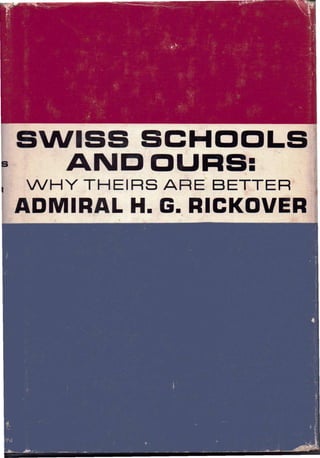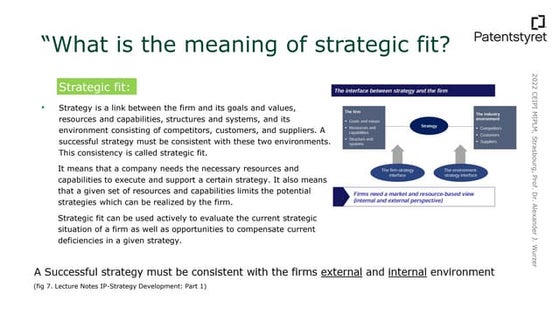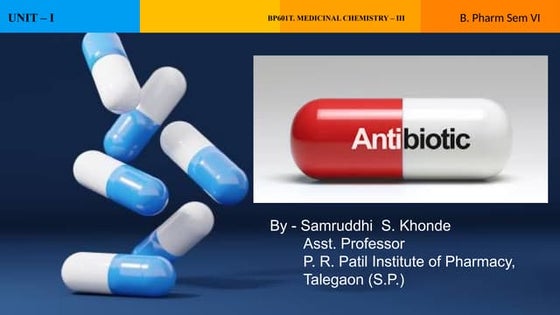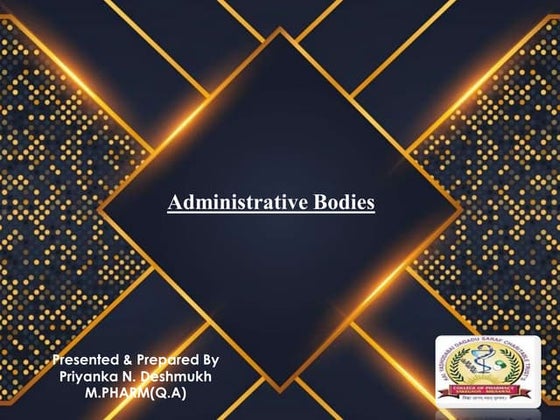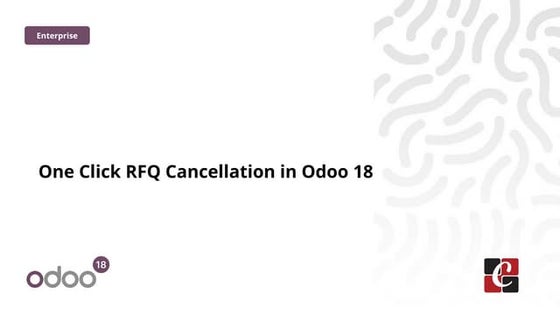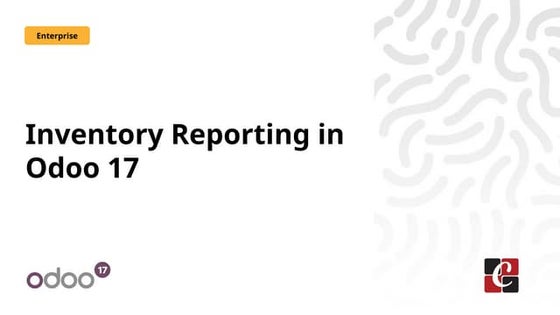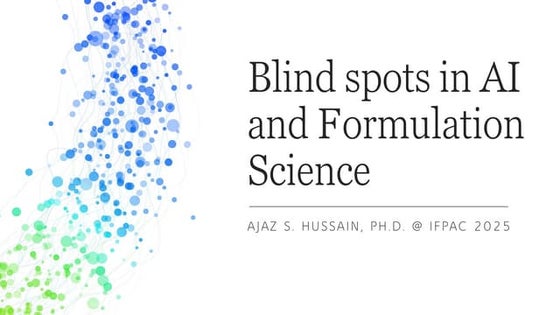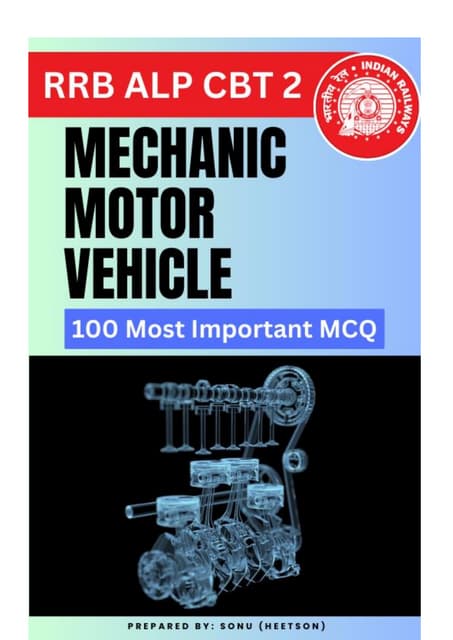Swiss Schools And Ours: Why Theirs Are Better
- 1. SWISS SCHOOLS AND OURS: - NHY THEIRS ARE BETTER ADMIRAL H. G. RICKDVER , .
- 2. SSAO: $3.95 Admiral H. G. Rickover requires no introduction. His crusading efforts for the improvement of American educa- tion are as vigorous and forthright as his dedication to the development of our atomic navy. This book is a trenchant, no-holds-barred study of education in a European democratic country, Switzerland, and of how the lessons learned there can be applied in the American system. The Admiral describes how Switzer- land has achieved an integration of mass and academic educ.ation which gives each student the best of what is most suitable for him, and he shows that because of a longer day and a longer school year (240 days com- pared with 180 in the United States), the Swiss youngsters spend one third more time in the classroom than their American counterparts. All Swiss pu- pils spend four to six years in elemen- tary school together and then go on to specialized schools, according to their desires and abilities. Admiral Rickover also stresses that in Switzerland the school is not ex- pected to do the whole job, and the family supplements schoolwork with extra reading at home. He emphasizes that moral training is the responsibility of the parents and not of the teachers. (Continued on second flap)
- 3. (Continued: from ~first flap) Constructively, the. 'Admiral makes some suggestions for America in the light of Swiss experience. We should begin by improving the training of our administrative personnel: a superin- tendent or principal should first of all be an excellent teacher, rather than someone with limited experience in the ~) classroom who has acquired adminis- ~' trative training, or, even worse, a foot- ~., ball coach turned principal. He also 'I feels that there is a great need for a nationally determined standard of course programs, so that there wi,Ube ' greater uniformity of requirements for - secondary diplomas and college de- grees. (He deplores the expensive, time-consuming College Entrance Ex- amination Board tests, which must be given to all entering students because colleges, cannot rely upon the varia- tions in grades and recommendations of high schools across the country.) This is the third title in the Council for Basic Education Series. The first was The Case for Basic Education, and the second, Tomorrow's Illiterates. These books are in the service of a good cause: better education and bet- ter schools for Americans. Jacket design by Edith Allard 1." .. ATLANf,zC-LITTLE, BROWN BOOKS AR~ PUBLISHED BY LITTLE,. B,Ro'WN AND COMPANY IN ASSOCIATION WITH THE ATLANTIC MONTHLY 'PRESS
- 4. 1./ P .~~ > ~.~-.:, ~ . Admiral Rickover is 'qgraduate ofColumbia 'U~iversity . and of the Naval Academy and. has made'hfs'career the: United States Navy. AHJ10qgh his name is associated' primarily with theNautilus, he'has in tactdeveloped seven different types of atomic-power 'plants for submarines 'as wellas those of the nuclear cruiser LongBeach, the air- . craft carrier Enterprtse, and the' destroyer 'Ieader 'Bain- bridge. For all of t:!h,ese works. he is knd,Wnasthe father of the .atomic navy. He was also responsible for the first . -central .staticn atomic power plant. theShtppingport (Pa.) . ' Station. . ~. ' . - ... ŌĆó ,I ŌĆó ŌĆó , I ". .r . Ad miral.Rickover hq┬¦,,,writt;enand spokenwidely on, ed- . ucation. His concern f8:i the subject resulted in' . . - <, -:"~"'" earli.er!;ŌĆó an . bookr,~' ucation and Freedom:,.published in 1958. . . "". .l,.. ~; <
- 5. COPYRIGHT ┬® 1962 BY THE COUNCIL FOR BASIC ┬Ę"'T". E" ........ ALL RIGHTS RESERVED. NO PART OF THIS BOOK M&"I" SAGES l,N A REVIEW TO BE PRINTED IN A MAGAZINE 0.. LIBRARY OF CONGRESS CATALOG CARD NO. 6:2-g5_~ FIRST EDITION The author wishes to thank Modern Age for perIIl1SS10n Harold L. Clapp's article on Swiss education, ATLANTIC-LITTLE, BROWN BOOKS ARE PUBLISHED BY LITTLE, BROWN AND COMPANY IN ASSOCIATION WITH THE ATLANTIC MONTHLY PRESS Published simultaneously in C~ by Little, Brown & Company (Cfl1lI1IIo) lizItimi PRINTED IN THE UNITED STATES OF A)lL┬ŻU
- 6. o all who :6.ght and labor t America's children may become the best educated in the world.
- 7. Contents clmowledgments xi Introduction xiii iers to School Reform 3 21 e Swiss Pattern of Education 47 e Continental University 62 tandards and Achievements: Maturity Level 85 _ chievements: Elementary-Lower Secondary Level 104 Education for Democratic Citizenship 140 Maturity Diploma and American Bachelor's Degree: Documentation to Chapter V 168
- 8. 6 "SWISS SŌé¼H()Ql:S "":AND: OURS
- 9. Barriers to School Reform 7 btain 'abroad (and usually tuition-free!) in academic sec- schools, unless we attract teachers of comparable intelli- and professional expertise into our public school system. It do to dismiss what these European schools accomplish by _:s:::nguP the stereotyped class-vs-rnass argument used by edu- _rn;ich: whenever comparisons are made between American and _::':":)4931l education. For the academic secondary schools run ..... ...._..o~to other secondary schools where the pace is slower; these schools might be compared with our high schoolss.the beanic ones more closely resemble our liberal arts colleges. ~1f..,;..j=lS in the academic schools are as much memb~rs of a profession as are lawyers, physicians, etc. Their grasp - subjects they teach equals that of a lawyer's knowledge of .. ey devote as many years of university study to acquiring wledge, besides learning the necessary pedagogic skill to it to their pupils. You will not draw people of that caliber school system if you let them be bossed by administrators as too often happens here, actually meddle with teaching ieln:sIDlg textbooks, interfering with grading and promotion), will people whose I.Q. is high enough to be in the "profes- range submit to certification requirements demanding at- _C3:!lce at the kind of dreary "education" courses we inflict on ceachers, That we look upon public-school teachers as tech- rather than professionals is revealed by excessive emphasis _ gogy and neglect of subject matter in American teacher- _:LJ,......u_l;; programs, and certification requirements. Educational """,,,L-"',"-WU.lll itself, domin~ted as it is bX school administrators and ~~:.ers of the teachers," 'has the curious idea iliat what makes er a "professional" is his having taken a specified number es in pedagogy. And, what is odder still, that courses in administration make a person not only a "professional" _~,tor but one-of higher. rank than the teacher! subordinating tea~h{~rsto a.dminiskators we hinder reform
- 10. SWIS~ SCHOOLS AND OURS in another way. Administrators tend to be overly concerned with the smooth functioning of their organizations, hence they resist reforms that upset accustomed routines and work programs. In contrast, teachers share with professional people a genuine desire to improve their own performance. In American education key I) positions where reform can be furthered or hindered at will are today held by people who by personal conviction, position and livelihood are identified with the status quo in education. No wonder reform comes at a snail's pace. Structure of American education: The greatest obstacle to school reform, however, is the extreme decentralization of Ameri- can education. The country is split into some 35,000 school dis- tricts that are virtually independent educational sovereignties. The states have the constitutional power but rarely exercise ef- fective control over what is taught in their schools.t The federal government keeps hands off entirely, except for handing over public funds. How effectively this stymies public demand for thoroughgoing school improvement does not need to be spelled out in detail. It means the American people must, as it were, conduct 35,000 reform campaigns. Any organization subject to public control knows full well it is to its advantage to, prevent state or 'federal control and keep supervision at the local level. (0 This is seen in the "Albrecht Report," which polled teachers and admin- istrators in California on a number of specific questions concerned with teacher training; a substantial majority held their "professional" courses in pedagogy in very low esteem. Results of Dr. Gustav Albrecht's initial survey are reprinted in Phi Delta Kappan, December, 1960, along with several attacks on it by professional educators. ŌĆó . t New York is an exception; through its Regents Examinations it exerts some influence on scholastic standards. Recently a New York University team studying the State Education Department bitterly criticized these exams, suggesting "they discourage the use of modern teaching procedures which represent the 'growing edge' of the teaching profession." Article by David H. Beetle in the Knickerbocker News, Sept. 17, 1960. There is a movement afoot to set up a similar system in California, fought with equal bitterness by the educators there, of course. .
